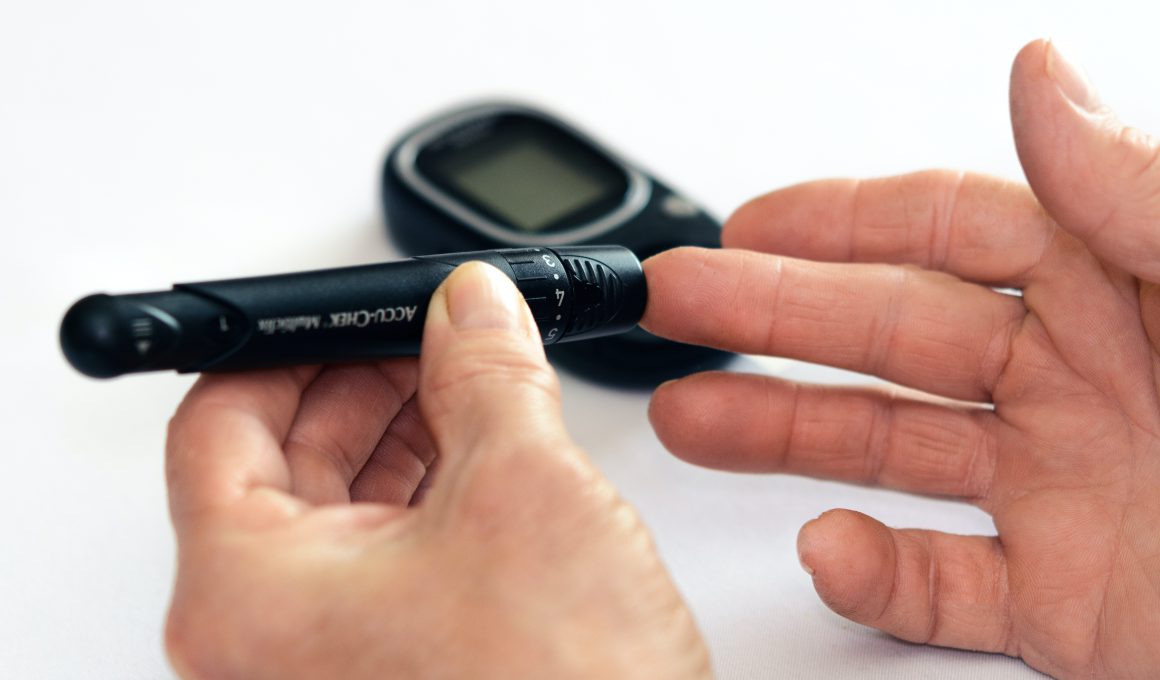
A type 1 diabetic patient, Sophia Handerson, once said that people get so surprised when she tells them that she has diabetes – this is because she is so slim, and they expect her to be fat as a diabetic sufferer. Also, Jason Obadi from Nigeria mentioned that when he tells people he has diabetes, they are always in denial because he is happy and full of positivity, which according to them, is not expected of someone with such a disease. The expectations and reality of diabetes most times don’t match, and a reason why this is so can be ignorance portrayed by society and ignorance from people. You could be carrying out your daily activities with a very high HBP count without knowing you have diabetes.
It’s high time people know that diabetes is deadly and start being intentional about checking their health status. Diabetes is one of the leading threats to health globally; in 2010, 300 million people worldwide were living with diabetes. For these 300 million people to manage their conditions better, their opinions about diabetes have to be the correct thing. Let us get to understand the basic realities of diabetes.
Watch as Pharmacist Bernard explains what diabetes is.
The Realities About Diabetes; diabetic complications
When you speak to most diabetes patients and non-patients, you’ll always find out that the most shocking and revealing thing they came to know about diabetes is the various complications that come with it, and the various narratives people have about it. Drastic rises and falls of blood sugar can be hard on the body and the excess sugar present in the cells create havoc on the different nerves within the body as well as the capillaries, veins, and arteries. The evidence to date shows that excellent control of blood sugar and an active lifestyle goes a very long way in preventing or slowing down the onset of diabetic complications.
Some of the realities that cannot change about diabetes include;
- Glucose is a critical source of energy for your brain, muscles, and tissues. When you eat, your body breaks down carbohydrates into glucose which triggers the pancreas to release a hormone called insulin. Insulin acts as a key that allows glucose to enter the cells from the blood. Your body can’t function or perform properly if it doesn’t produce enough insulin to effectively manage glucose. This is what produces the symptoms of diabetes.
- According to WHO, diabetes is a chronic metabolic disease characterized by elevated levels of blood glucose (or blood sugar) that leads to time to serious damage to the heart, blood vessels, eyes, kidneys, and nerves.
- Uncontrolled diabetes can lead to serious complications by damaging blood vessels and organs. It also increases the risk of heart disease, stroke, kidney disease, nerve damage, and eye disease.
- There are two types of diabetes – Type 1 and Type 2. Type One attacks children and young adults and is characterized by the pancreas failing to produce insulin which is a hormone that breaks down sugars and starches while converting them into energy. Also, type 2 can be hereditary. Type Two occurs usually later in an adult’s life and is characterized by the pancreas being unable to produce enough insulin due to several factors, obesity being one of them.
- Around 10 percent of diabetics are Type One while the other 90 percent are Type Two. The major difference between the two being that Type One diabetics are completely dependent on insulin and take daily injections while Type Two have both those who require insulin shots while others can rely on oral medication and/or changes in diet and exercise.
- Diabetes in the early stages does not produce symptoms. Unless found during a routine medical exam, a diabetic remains undiagnosed for years. It is during these years when there is excess sugar in the cells that the beginning of diabetic complications can gain a foothold.
- Several risk factors can push a pre-diabetic into full-blown diabetes; being overweight, family history of diabetes, lack of adequate exercise, having a history of gestational diabetes (occurs during pregnancy and usually disappears after delivery), and certain ethnic groups.
- Fear of diabetes. The fear you usually have about diabetes will go away once you are enlightened about it
- People who have had diabetes for a long time can develop what is called ‘diabetes burnout’ This happens when you start to feel burdened by the disease.
- Nutrition and exercise can help manage diabetes, but it’s also important to track blood glucose levels. Treatment may include taking insulin or other medications.
Read about Diabetmin, a medication for diabetes
Managing people’s expectations about Diabetes
Living with diabetes involves acquiring new knowledge and developing skills to self-manage a lifelong condition. People affected by diabetes should learn how to focus on leading a normal life and not having their educational, labor, social, and family opportunities limited by the disease.
After diagnosis, some people experience a range of negative emotions (e.g., shock, grief, anger, distress, or self-blame), while for others, the diagnosis has little impact, or can bring a sense of relief after a period of uncertainty about unexplained symptoms. In all of this, it’s important you learn how to manage reality and expectations in the following ways;
- Emotional health
Your mental health is very important. Most people with diabetes want someone on their side, someone who can help and support their self-management efforts, rather than someone who tells them what to do or criticizes them. Get health professionals that can assist you in effective self-management- but first, a conversation is needed to establish what challenges you are facing, and how to assist you to overcome them. Always remember to help yourself too, by
-
- being as optimistic as possible
- learning the long way
- asking for support when you need it
- being gentle with yourself
- developing a sense of humor
- adjusting and creating new habits
- Do more things that bring you happiness
- Kick out all negative thoughts with positivity
- Boost your feel-good hormones by exercising regularly
Wellahealth has a handful of medical personnel that is ready to help you through this process.
- Support and Education
If you want to have perfect overall health, then you have to snap out of ignorance. You will need to learn how to manage your blood sugar, eat well, be active, and solve problems to help you live well with diabetes.
- Develop a healthy eating attitude
Eat healthy foods in the right amounts at the right time so your blood sugar stays in your target range as much as possible. Eating well is the key to managing blood sugar
- Healthy weight (how to get a healthy weight and stay there)
Your blood sugar level is easier to manage when you lose weight. You can get a weight that enhances your health and your life. A healthy weight is not likely the weight you think you should be. A perfect way to check if you are in the right weight is body mass index (BMI). BMI measures your height compared to your weight. For example, a person who is 5’7” and weighs 170 pounds has a BMI of 26.6, which is in the overweight range. Look at the table below to understand your weight status.
| Weight status | BMI |
| Underweight | Less than 18.5 |
| Normal | 18.5 – 24.9 |
| Overweight | 25 – 29.9 |
| Obesity | 30 or greater |
- Get active (be physically active to stay in control)
Physical activities are not as hard as you think and it’s important for people who want to get better with their health. Physical activities help control blood sugar levels and lower your risk of heart disease and nerve damage. When you don’t feel motivated, remember the following;
-
- You’ll have to keep your willpower alive
- Find your motivation, it could be your children
- Learn from a bad day
- Eat healthier food
- Remember, no one will do it for you
- You’ll look back one day and be grateful you took that run
- Be prepared to handle emergencies by thinking ahead
When you are trying to adapt to change and reality, It is important you ask questions, do your research, and meet others living with diabetes.






